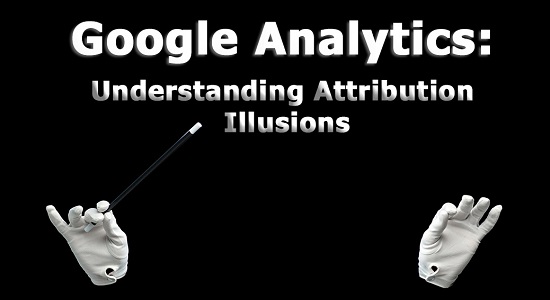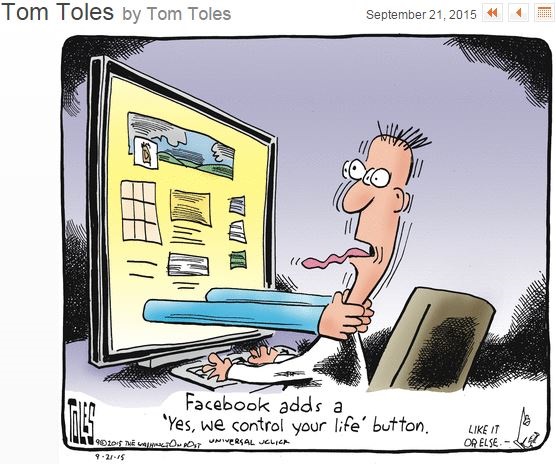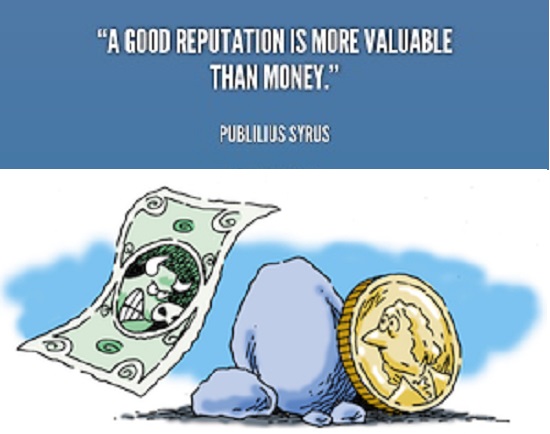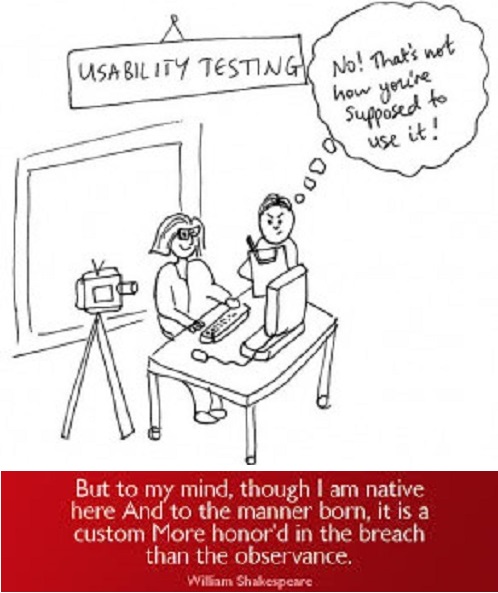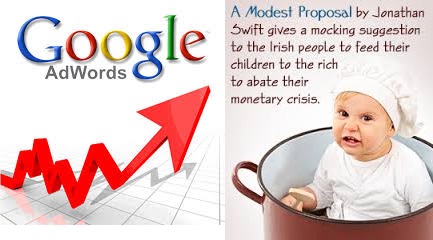Every major new technology brings with it not only fascinating new capabilities, and in the case of electronic technologies also some potentially-dangerous new challenges. So many auto accidents have been caused because drivers were distracted by their gadgets that it has been proposed that those drivers be punished as if they were driving under the influence of alcohol (or other substances). And it isn’t only driving. Focusing on the small screen while walking not only puts one in harm’s way but in cities like Montclair, CA crossing a street while distracted can result in a sizable fine.
Some help is on its way. At its most recent developers conference Apple introduced a feature called Screen Time (to be available in September) that lets users monitor and limit their app use on their iPhones and iPads.
A couple has dedicated themselves to the cause, creating an app called Moment and living in their RV as they travel the USA.
And at the Hearth in Manhattan, diners are encouraged to put their cellphones in picturesque boxes provided at each table.
But isn’t the real villain the pressure to keep users connected so advertisers can continue to shovel advertisements into the users’ brains?


